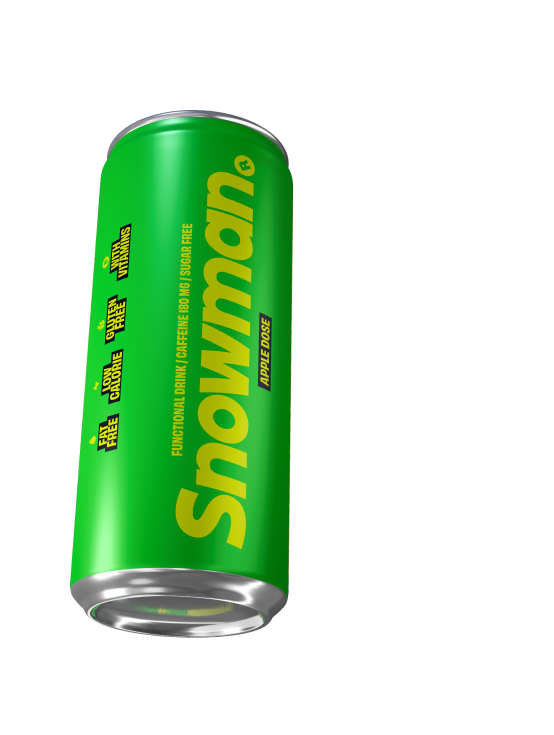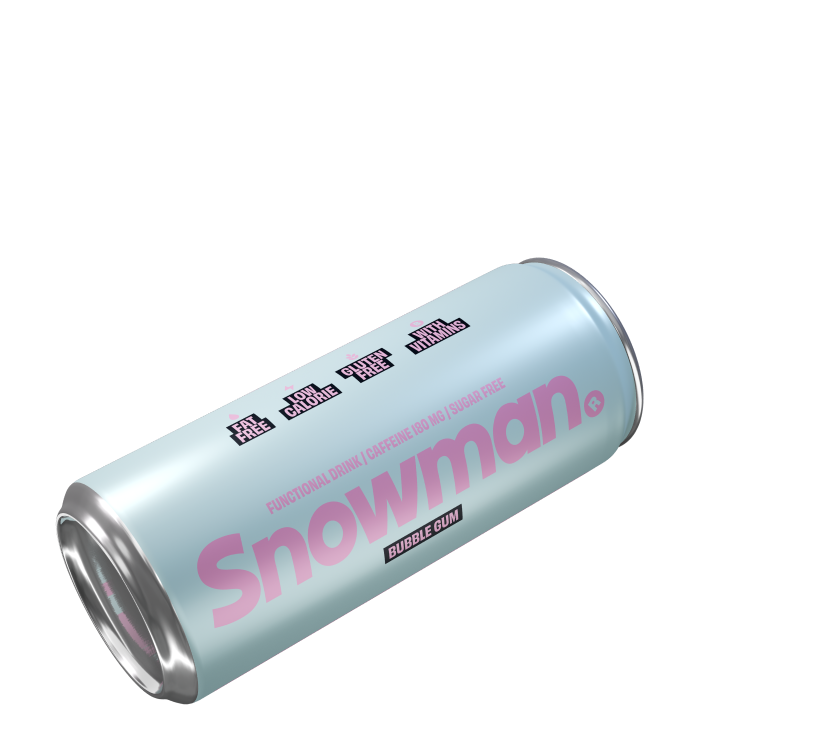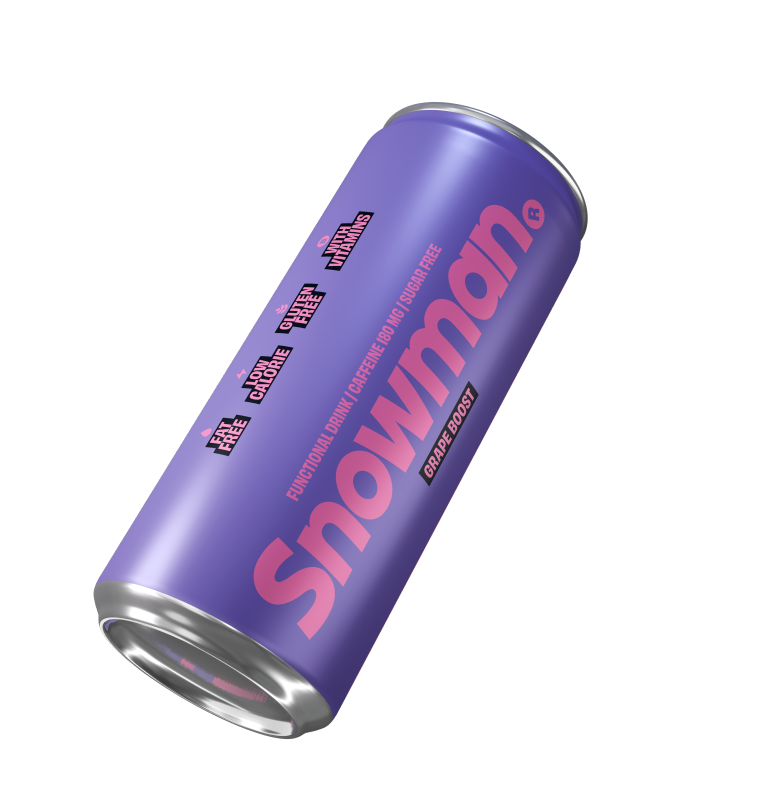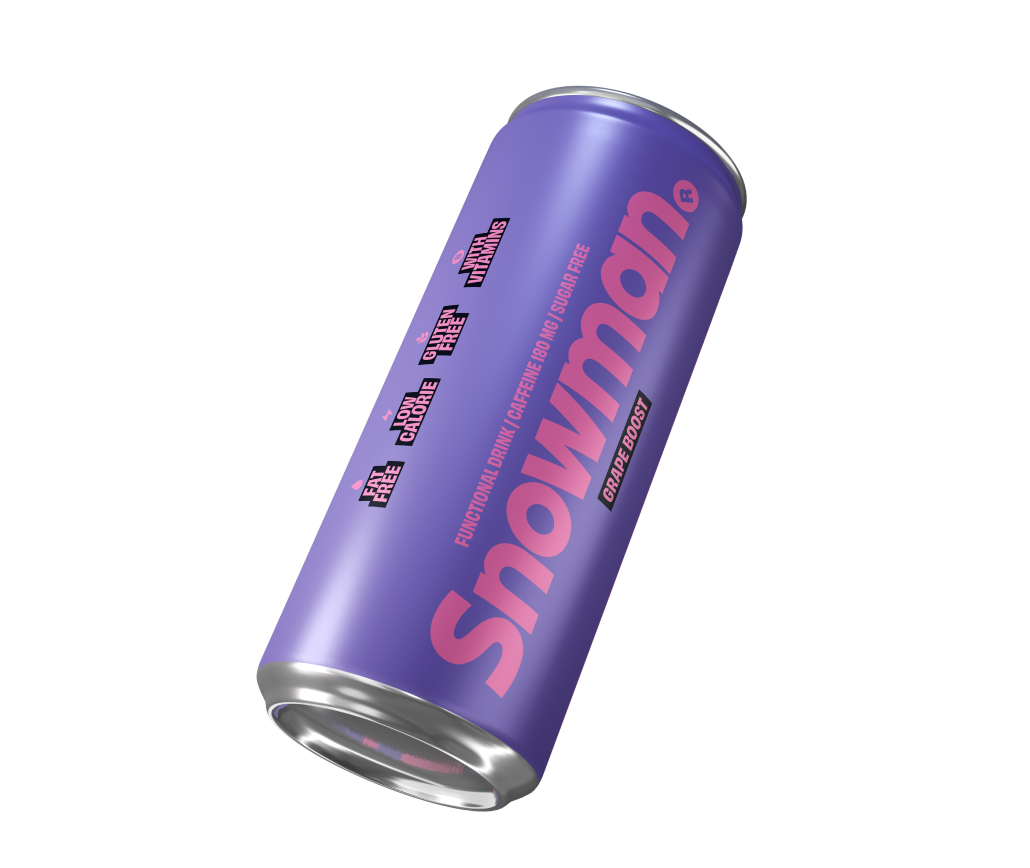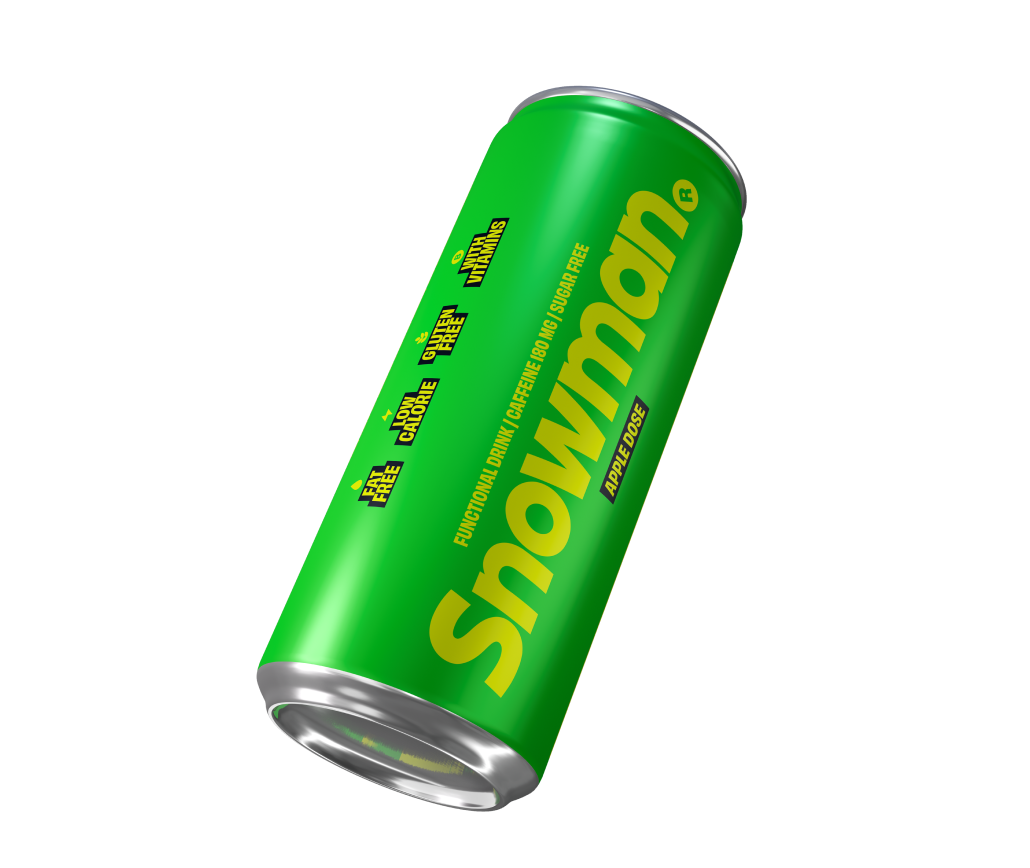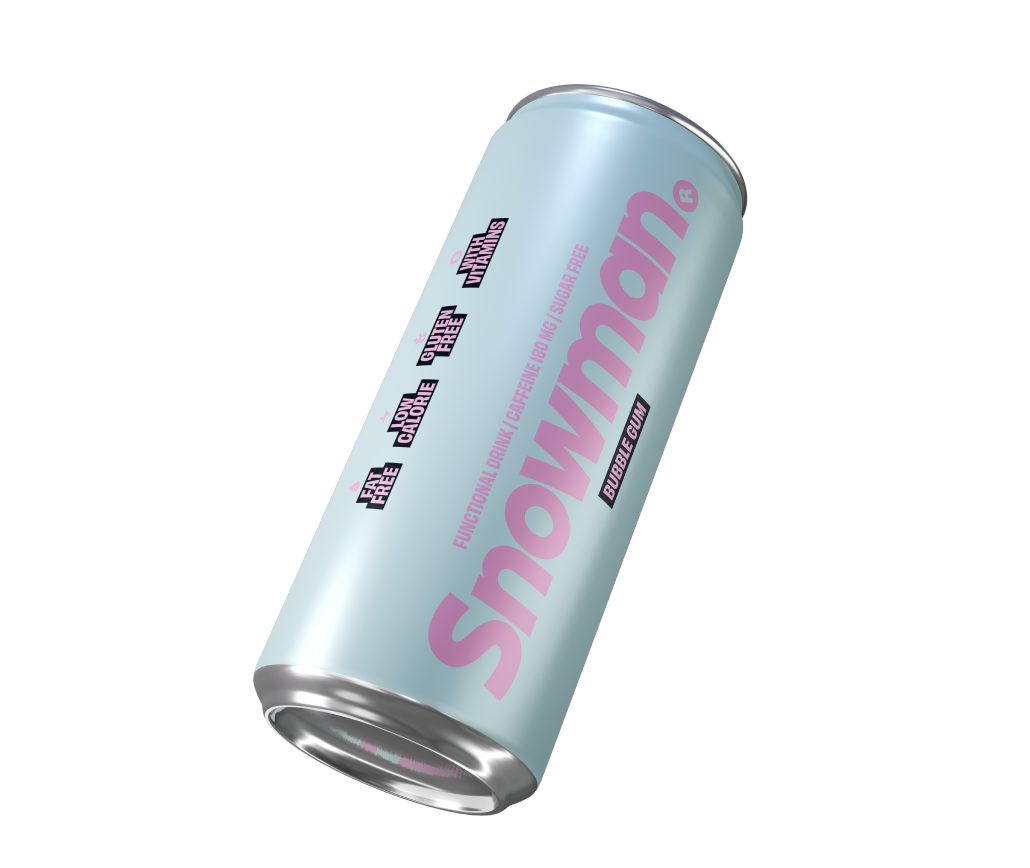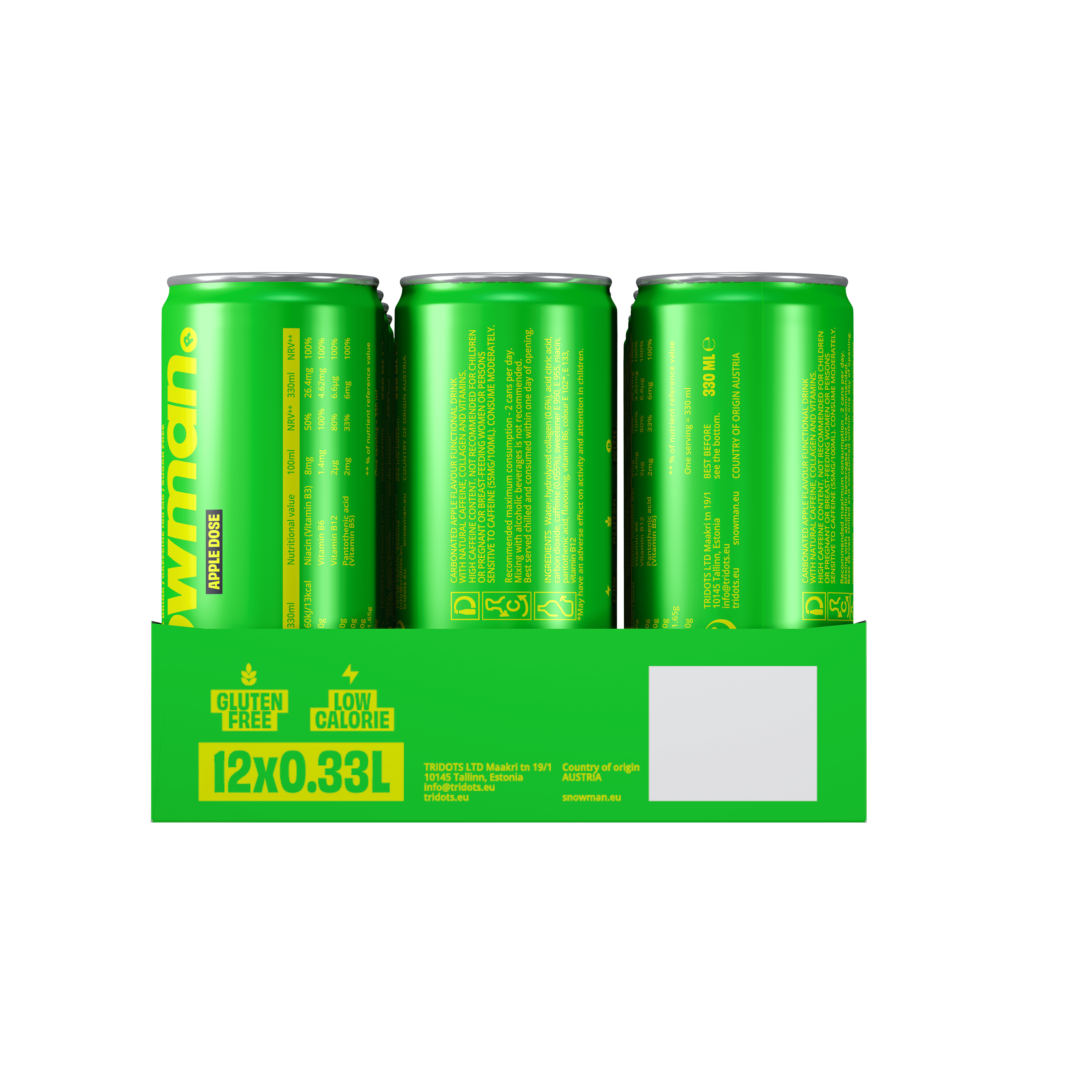
With so many beverage options on the market, it’s easy to feel overwhelmed when choosing what to drink for energy and wellness. In 2025, one of the most talked-about comparisons is functional drinks vs energy drinks. While both promise a boost, they work in very different ways—and the long-term effects on your body may surprise you.
Let’s dive into the differences, similarities, and health implications of these two drink categories so you can make smarter, more informed choices.
What Are Functional Drinks?
Functional drinks are beverages enhanced with specific ingredients designed to provide health benefits beyond basic hydration or refreshment. These drinks often include:
- Probiotics (for gut health)
- Adaptogens (for stress relief)
- Electrolytes (for hydration)
- Nootropics (for brain function)
- Vitamins and minerals
The goal? To support whole-body wellness, not just give you a quick jolt.
Examples:
- Prebiotic sodas
- Kombucha
- Nootropic beverages
- Collagen-infused water
- Herbal teas with adaptogens
What Are Traditional Energy Drinks?
Energy drinks are made primarily to provide a short-term energy boost using stimulants like caffeine, sugar, and taurine. They’re commonly consumed to increase alertness, physical performance, and stamina.
Key ingredients:
- High caffeine (80–300 mg per can)
- Sugar or artificial sweeteners
- B-vitamins
- Amino acids (like taurine)
- Guarana, ginseng, or yerba mate
Popular brands include Red Bull, Monster, and Rockstar.
🥤 Functional Drinks vs Energy Drinks: Head-to-Head Comparison
| Feature | Functional Drinks | Energy Drinks |
|---|---|---|
| Main Purpose | Long-term health and wellness support | Quick energy boost and alertness |
| Key Ingredients | Vitamins, herbs, adaptogens, probiotics | Caffeine, sugar, taurine, guarana |
| Energy Source | Natural ingredients, slow-release compounds | High caffeine and sugar |
| Health Effects | Supports digestion, brain health, stress relief | May cause jitters, crashes, dehydration |
| Caffeine Level | Low to moderate | High (up to 300 mg per can) |
| Sugar Content | Often low or no sugar | Often high (up to 50g per can) |
| Best For | Everyday wellness and preventative health | Short-term productivity or performance |
| Side Effects | Minimal when consumed as directed | Can include heart palpitations, anxiety, crash |
| Sustainability | Often plant-based and eco-conscious | Mixed; some use artificial additives |
🧠 How They Affect Your Body
Functional Drinks: The Long Game
Functional beverages work with your body, not against it. They may not offer the instant buzz of an energy drink, but their benefits are sustained and subtle, often noticeable over days or weeks. For example:
- Nootropic drinks improve focus and memory gradually.
- Adaptogen-infused teas help your body adapt to stress over time.
- Probiotic drinks balance your gut microbiome, improving immunity and mood.
These effects compound with consistent use, supporting long-term well-being.
Energy Drinks: The Fast Fix
Energy drinks deliver a rapid spike in energy thanks to caffeine and sugar. This is helpful in short bursts—like cramming for exams or staying awake on a night shift—but they come with a price:
- Energy crashes
- Dehydration
- Sleep disturbances
- Heart palpitations or jitteriness
In 2025, consumers are more aware of these trade-offs, and many are looking for cleaner alternatives.
⚠️ The Hidden Risks of Energy Drinks
While occasional consumption is fine for most people, overuse of energy drinks can lead to:
- Caffeine dependence
- Weight gain from high sugar
- Elevated blood pressure
- Insomnia
- Poor gut health due to acidic and artificial ingredients
In contrast, most functional drinks are designed to minimize side effects and promote balance.
🌍 Why Functional Drinks Are Rising in 2025
Several consumer trends are fueling the boom of functional drinks:
- Health consciousness: Shoppers are demanding transparency, clean labels, and functional benefits.
- Biohacking culture: Millennials and Gen Z seek products that support brain health, stress reduction, and immunity.
- Lifestyle fit: Functional drinks align with wellness routines like yoga, meditation, and clean eating.
- Sustainable packaging: Many brands emphasize recyclable, eco-friendly bottles and ingredients.
As a result, grocery shelves and online stores are loaded with innovative new entries in this space—from mushroom-infused cold brews to electrolyte-packed hydration boosters.
✅ Choosing What’s Right for You
Not sure which category suits your needs? Here’s a quick guide:
| Your Goal | Recommended Option |
|---|---|
| Boosting long-term energy & focus | Nootropic functional drinks |
| Rehydrating after a workout | Electrolyte functional waters |
| Supporting gut health | Kombucha or kefir |
| Needing an emergency energy jolt | Traditional energy drink |
| Enhancing mental clarity naturally | Adaptogen or herbal-based drink |
| Reducing stress or burnout | Functional teas with Ashwagandha |
🤔 FAQs: Functional Drinks vs Energy Drinks
Q1: Can I combine functional and energy drinks?
A: Yes, some products blend both. Just be cautious with total caffeine intake.
Q2: Are functional drinks safe for teens?
A: Many are safe, especially low-caffeine or caffeine-free options. Always check the label.
Q3: Do functional drinks have side effects?
A: Rarely, but some herbs may interact with medications or cause digestive upset if overconsumed.
Q4: Why do energy drinks cause crashes?
A: They spike blood sugar and adrenaline, leading to a crash once the effect wears off.
Q5: Are functional drinks more expensive?
A: Typically, yes—but you’re paying for higher-quality ingredients and long-term wellness.
Q6: Are energy drinks banned anywhere?
A: Some countries have restrictions on caffeine limits or age requirements due to health concerns.
🚀 Final Verdict: Which Should You Choose?
If you want a quick energy hit and don’t mind a crash later, energy drinks still serve their purpose. But for sustainable, whole-body benefits, functional drinks are the clear winner in 2025.
Functional beverages are reshaping how we think about health and performance—offering not just a buzz, but balance. They’re cleaner, smarter, and crafted with ingredients your body understands.
So next time you reach for a pick-me-up, ask yourself:
Do I want a temporary high—or long-lasting vitality?
